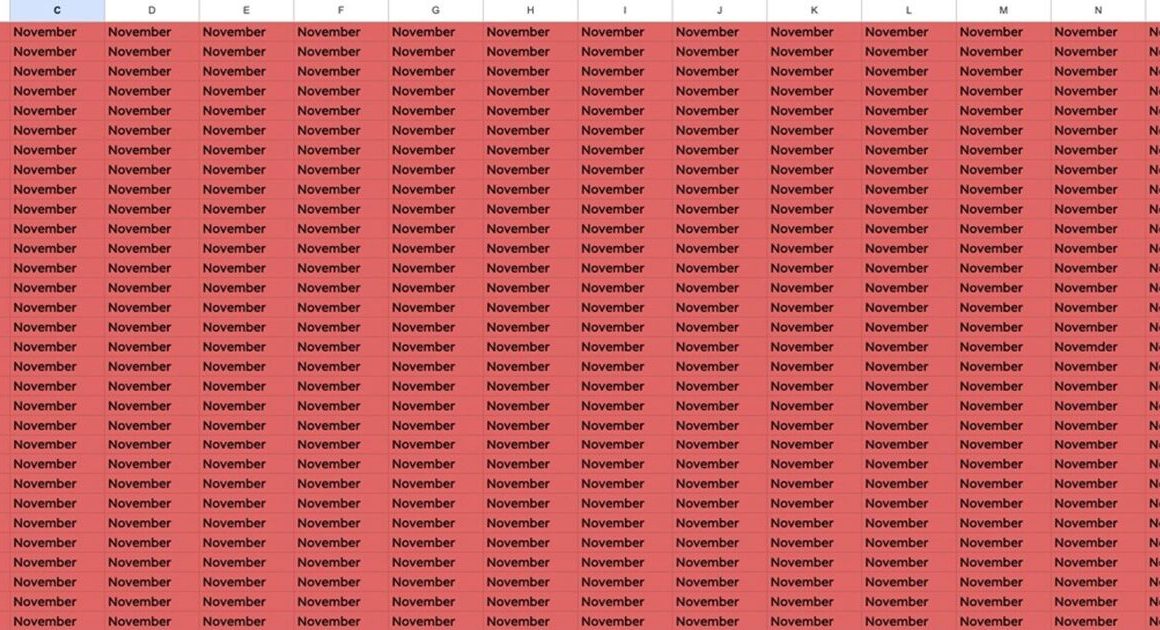U.S. Secretary of State Antony Blinken on Monday called the latest diplomatic push by Washington to achieve a ceasefire deal in Gaza “probably the best, maybe the last opportunity,” and urged all parties to get the agreement over the finish line.
The marathon talks toward a ceasefire that have been going on for months are set to continue this week in Cairo, following a two-day meeting in Doha last week.
Blinken will intensify U.S. diplomatic pressure to ensure negotiators secure a breakthrough later this week after the U.S. put forward last week bridging proposals that the mediating countries believe would close gaps between the warring parties.
“This is a decisive moment, probably the best, maybe the last opportunity to get the hostages home, to get a ceasefire and to put everyone on a better path to enduring peace and security,” Blinken told reporters ahead of his meeting with Israeli President Isaac Herzog.
“I’m here as part of an intensive diplomatic effort on President Biden’s instructions to try to get this agreement to the line and ultimately over the line…. It is time for everyone to get to yes and to not look for any excuses to say no,” Blinken went on.
After a weekend of deadly airstrikes in the Gaza Strip, U.S. Secretary of State Antony Blinken arrived in Israel for another attempt to broker a ceasefire with Hamas.
The mediating countries — Qatar, the United States and Egypt — have so far failed to narrow enough differences to reach an agreement in months of on-off negotiations, and violence continued unabated in Gaza on Sunday.
Hours after Blinken’s arrival, Hamas said it holds Israeli Prime Minister Benjamin Netanyahu responsible for “thwarting the mediators’ efforts,” delaying an agreement and exposing Israeli hostages in Gaza to the same aggression faced by Palestinians.
Fears of wider conflict
There has been increased urgency to reach a ceasefire deal amid fears of escalation across the wider region. Iran has threatened to retaliate against Israel after the assassination of Hamas leader Ismail Haniyeh in Tehran on July 31.
The top U.S. diplomat also repeated U.S. caution against further escalation.
“It’s also time to make sure that no one takes any steps that could derail this process, and so we’re working to make sure that there is no escalation, that there are no provocations,” he said.
The war erupted on Oct. 7 when Hamas militants rampaged into Israel, killing around 1,200 people and seizing around 250 hostages, according to Israeli tallies.
Israel’s subsequent military campaign has killed more than 40,000 Palestinians, mostly civilians, according to Palestinian health authorities, and reduced much of Gaza to rubble.









